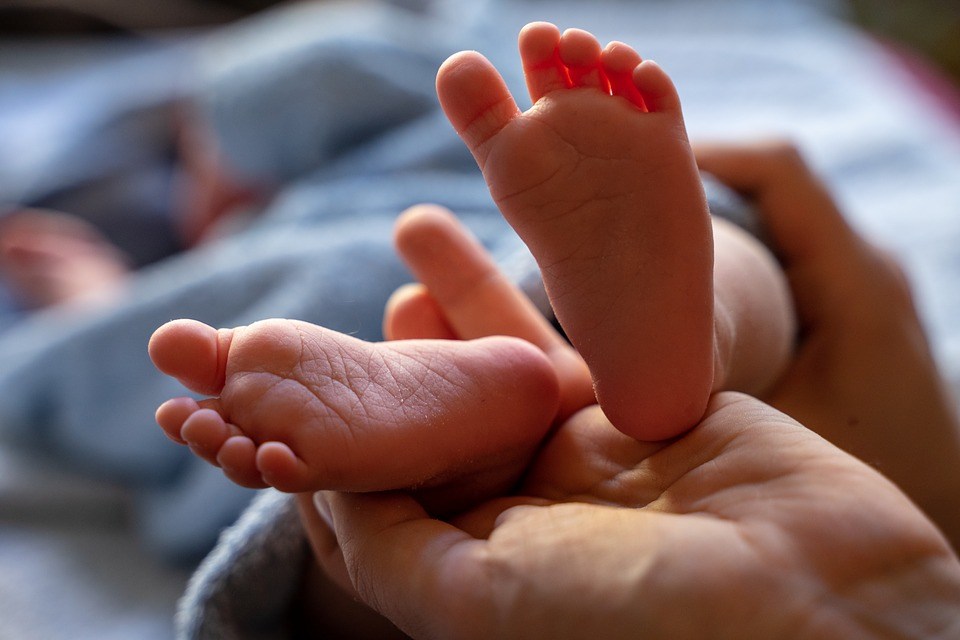Very warm weather during pregnancy can alter babies' genetic material to 'age' their cells, new research shows.
The researchers of UHasselt University monitored 1,100 newborns at the hospital in Genk, and determined via the umbilical cord blood the length of their telomeres.
Telomeres are at the ends of chromosomes and protect them when cells divide. As long as the telomere length is maintained, the cell can continue to divide without dying. However, with each division, the ends fray a little bit more, until the cell can no longer divide, and dies. Research that has won the Nobel price in 2009 showed that shorter telomeres make for a lower life expectancy.
The UHasselt researchers then examined whether there was a connection with the average temperature during pregnancy, based on measurements taken by the Royal Meteorological Institute at a measuring station near the hospital where the babies were monitored.
The length of the telomeres decreased on average by 1.5% per degree that the weekly temperature rose above 19.5 degrees Celsius. The effect was most notable at very warm temperatures, when the temperatures did not drop during the night either. This is the first time that researchers have clearly been able to demonstrate the impact of warm weather on a newborn.
“It can go to a decrease of over 3% in the last weeks of the pregnancy,” said professor Dries Martens, reports De Morgen.
"We want to nuance the results,” said professor Tim Nawrot, reports VRT NWS. "It is not the case that children whose mothers were pregnant during a heatwave are less healthy. Other factors, such as air pollution, smoking and lifestyle have an impact on the telomeres as well,” he said, adding that global warming will bring new health risks with it.
Maïthé Chini
The Brussels Times

